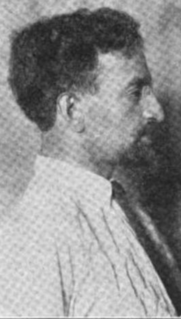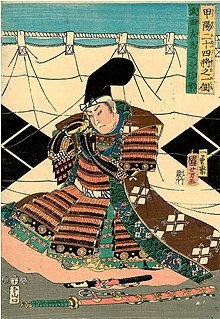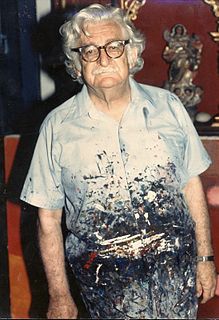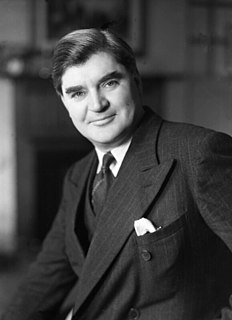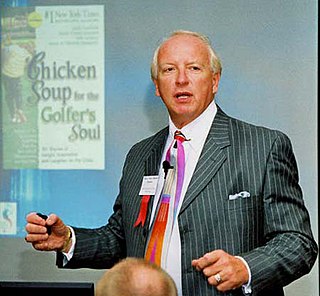A Quote by Milan Kundera
Without realizing it, the individual composes his life according to the laws of beauty even in times of greatest distress.
Related Quotes
The little individualist, recognizing his individual impotence, realizing that he did not possess within himself even the basis of a moral judgement against his big brother, began to change his point of view. He no longer hoped to right all things by his individual efforts. He turned to the law, to the government, to the state.
Since the social victim has been oppressed by society, he comes to feel that his individual life will be improved more by changes in society than by his own initiative. Without realizing it, he makes society rather than himself the agent of change. The power he finds in his victimization may lead him to collective action against society, but it also encourages passivity within the sphere of his personal life.
Each individual composes the music of his own life. If he injures another, he brings disharmony. When his sphere is disturbed, he is disturbed himself, and there is a discord in the melody of his life. If he can quicken the feeling of another to joy or to gratitude, by that much he adds to his own life; he becomes himself by that much more alive. Whether conscious of it or not, his thought is affected for the better by the joy or gratitude of another, and his power and vitality increase thereby, and the music of his life grows more in harmony.
And government (to define it de facto, or according to modern prudence) is an art whereby some man, or some few men, subject a city or a nation, and rule it according to his or their private interest; which, because the laws in such cases are made according to the interest of a man, or of some few families, may be said to be the empire of men, and not of laws.
In a way, the futile excuses many people use to cover their superstitions are demolished. They think it is enough to have some sort of religious fervor, however ridiculous, not realizing that true religion must be according to God's will as the perfect measure; that He can never deny Himself and is no mere spirit form to be changed around according to individual preference.
Life can be lived in rules, but then life becomes superficial. Live life not according to the laws but according to consciousness, awareness. Don't live life according to the mind. Mind has rules and regulations, mind has rituals. Live life from the standpoint of no-mind so that you can bloom into unpredictable flowers.


